The President of Peru, Pedro Castillo, is interrogated for alleged interference by his Government in promotions within the Armed Forces, on December 28, 2021.
Returning from a Christmas break, President Pedro Castillo had several issues to resolve. He had not been a Minister of Education for several days and had to respond to the Attorney General as a witness in an investigation into the interference of the former secretary of the presidential office in military promotions. The president took the oath on Tuesday night to the new head of Education, Rosendo Serna, to replace Carlos Gallardo, censored a week ago by Congress. With the appointment, Castillo has wanted to show a significant change: a former teacher leader leaves the Cabinet - representative of the union that campaigned for the current president and is one of the social bases of the head of State - and a teacher, former regional director of Education, enters in Huánuco in three periods. In said region,65% of the votes went to the president in the second round of June.
Since the president took office at the end of July, he has been questioned for many reasons, including a dozen changes in the Cabinet - some ministers were questioned by Congress and ran the risk of censorship if they did not resign. Also, due to an alleged influence peddling incurred by his right-hand man, the former secretary general of the presidency, Bruno Pacheco, and the former defense minister, who sent chat messages to military leaders to intercede on behalf of some colonels in promotions in the military. Even Castillo himself consulted with one of the high command regarding a known soldier in his environment.
The opposition forces in Parliament are promoting the removal of Castillo from office through the figure of "vacancy due to permanent moral incapacity," a mechanism that requires 87 votes in a 130-member legislature. On December 9, the plenary session of Congress put to the vote the admission to debate of a motion to vacate the head of state: to approve it, 52 votes were necessary, but there were 76 against and 46 in favor. The promoters of the "vacancy" are waiting for another moment when there is more "courage" to gather the votes, said Congressman Alejandro Muñante, of the far-right Renovación Popular movement, the next day.
Also this December, the Executive accused another blow: the first censorship of a member of the Cabinet. Minister Gallardo did not convince Parliament by giving explanations about the leakage of some questions from an examination for appointments in the teaching career. His critics also pointed out that he was more interested in the demands of one of the two teachers' unions and little focused on the students and the return to face-to-face education as of March.
Hours before the new minister was sworn in, the president met with political leaders, including congressmen from allied and opposition parties. Although Castillo came to power as a candidate for the orthodox left-wing Peru Libre party, founded by Vladimir Cerrón, and appointed Guido Bellido as Prime Minister at the beginning of his term as Cerrón's henchman, since October the Cerrón faction of Parliament has given him his back because he asked for Bellido's resignation.
Since then, it has been more difficult for the Executive to weave political support, a task that Prime Minister Mirtha Vásquez assumed, but which Castillo himself is assuming in person these days.
The new minister, Serna, is an official with a long career in education in the Huánuco region.
In that region, 65% of the votes went to the current president in the second round of June.
Between prosecutors and politicians
On Tuesday this week, the president answered 40 questions from a deputy chief prosecutor and the attorney general about the conversations between his former adviser and the former senior army chief. Castillo declared as a witness in said file that he is investigating the irregular interference. The diligence corresponded to the attorney general - by law she is the only one who can investigate the president - but she had been hospitalized in an emergency in a clinic.
On the same day, the president began a round of dialogues that continues this Wednesday night. Among others, he has met with Congressman Bellido; the former moderate-left presidential candidate, Verónika Mendoza; and the president of the Magisterial Party, Mery Coila. This political group is one of the social bases of Castillo has pending registration and is made up of teachers who participated in the 2017 strike, in which the current Peruvian president was the protagonist.
The president has traveled this Wednesday to Chota, in Cajamarca (his native region), to meet with provincial and local authorities, and participate in a ceremony for the 45th anniversary of the peasant rounds, vigilance organizations and the punishment of crimes in rural areas. , to which he belonged.
Upon returning from there, he will continue in his search for consensus with the parties represented in Congress to seek solutions to "economic reactivation, new health measures and the return to face-to-face classes," Castillo tweeted from Chota.
Follow all the international information on
and
, or in
our weekly newsletter
.

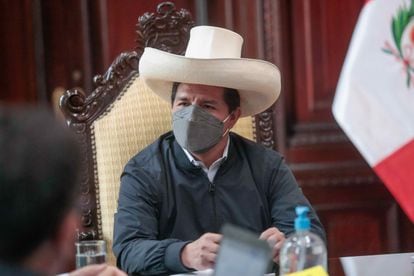
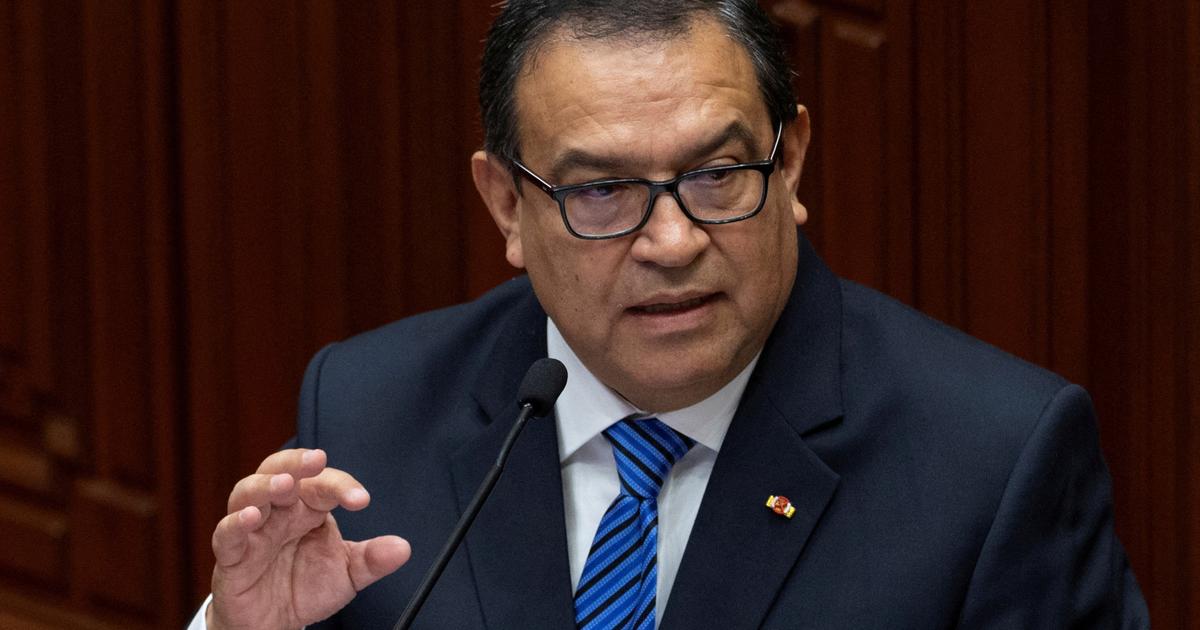
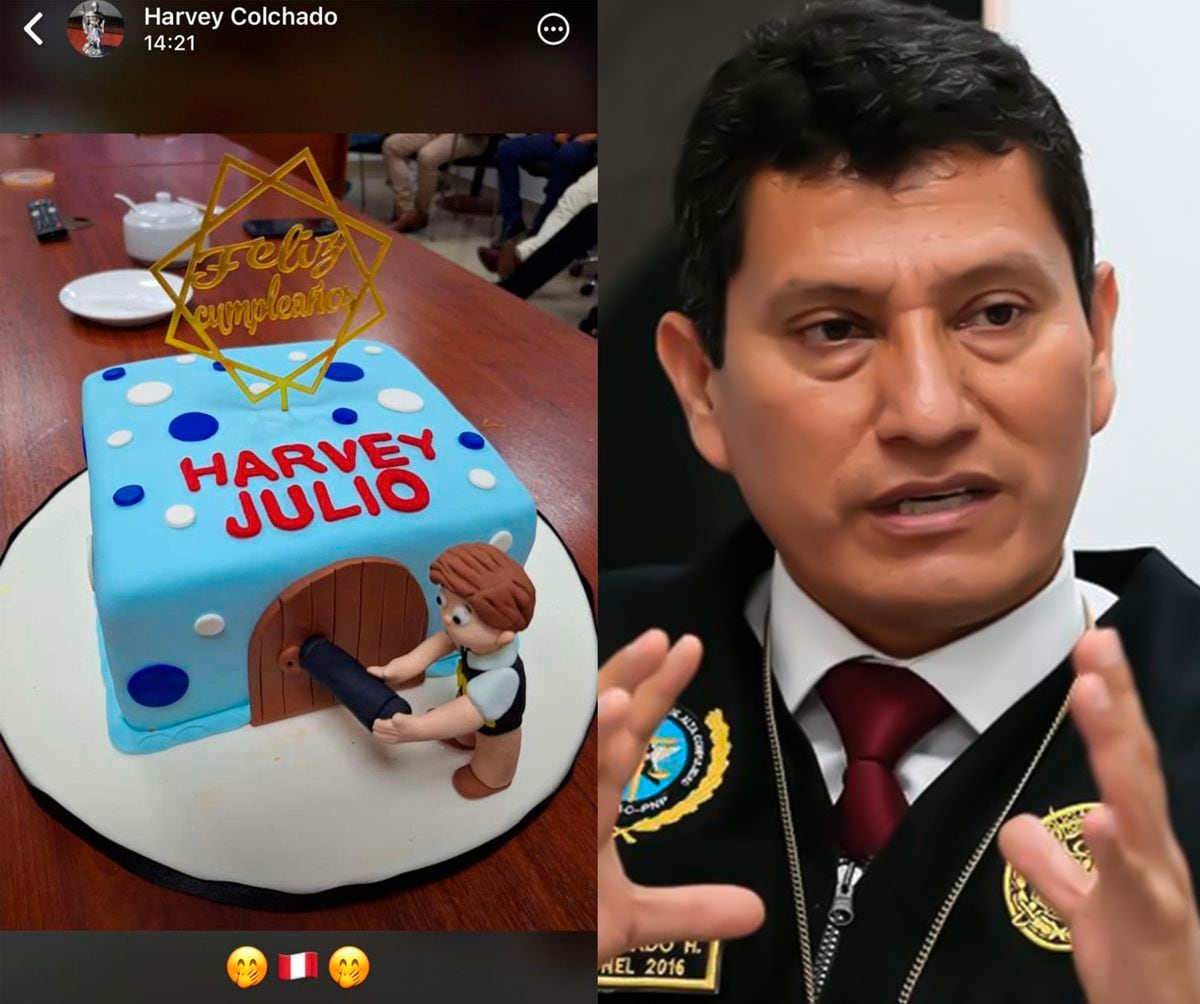


/cloudfront-eu-central-1.images.arcpublishing.com/prisa/L5RZ22DWRZFVG63K2GHYFDMYEA.jpg)
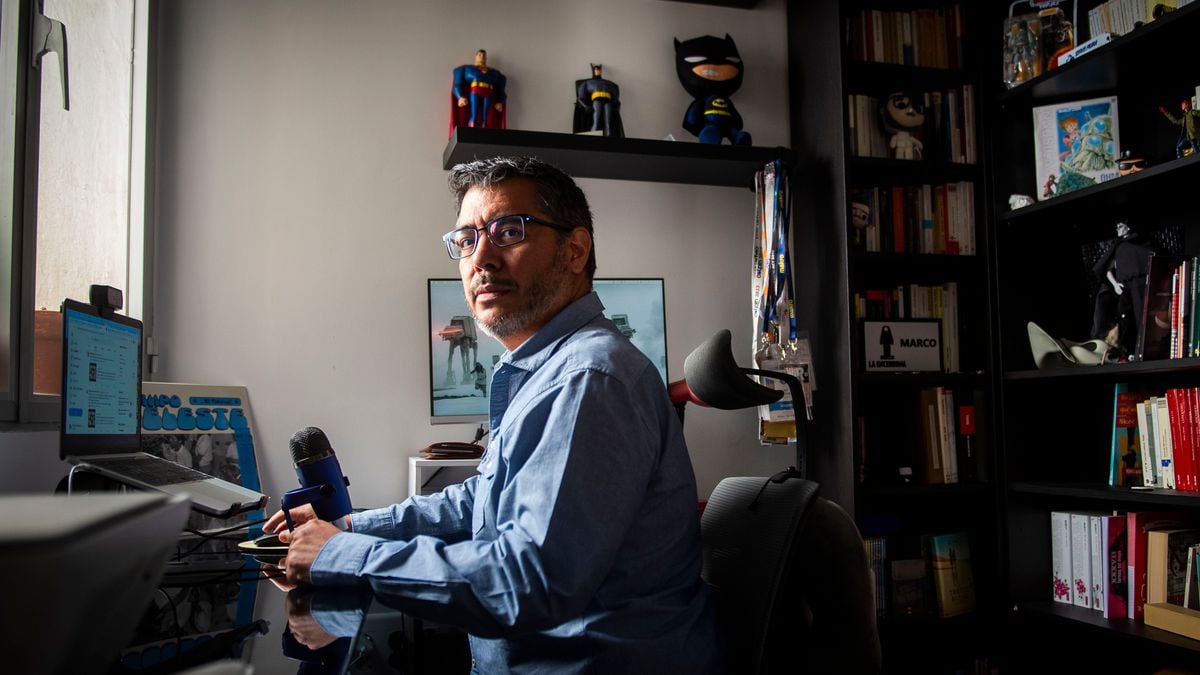
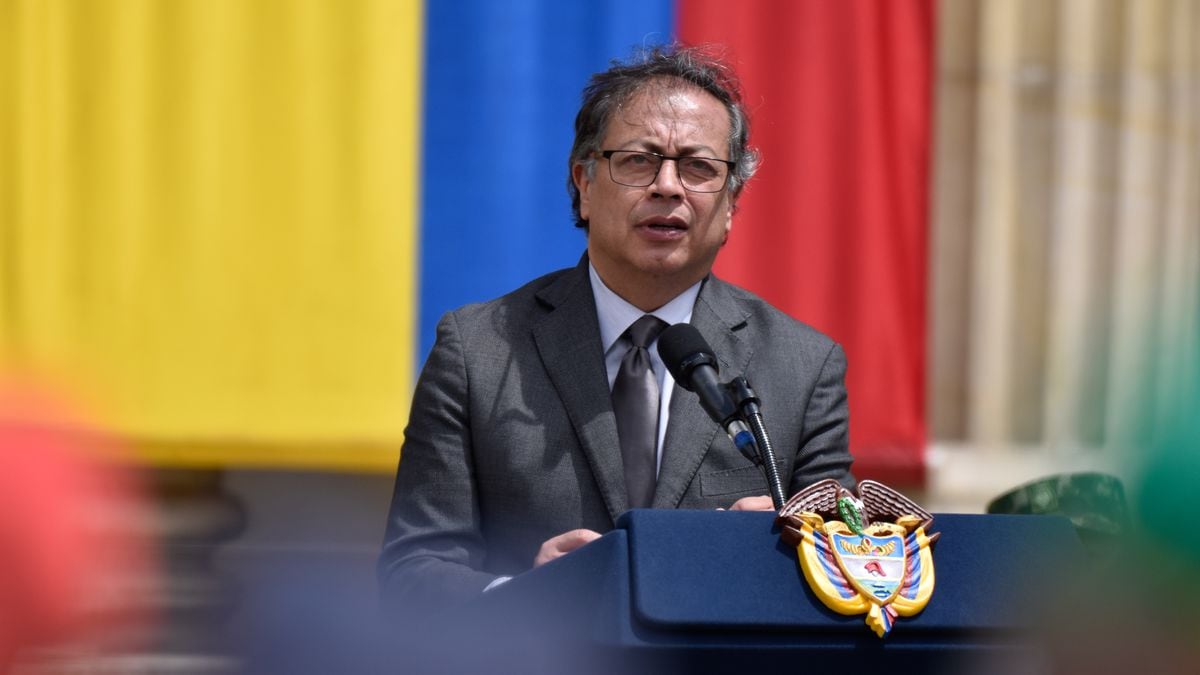
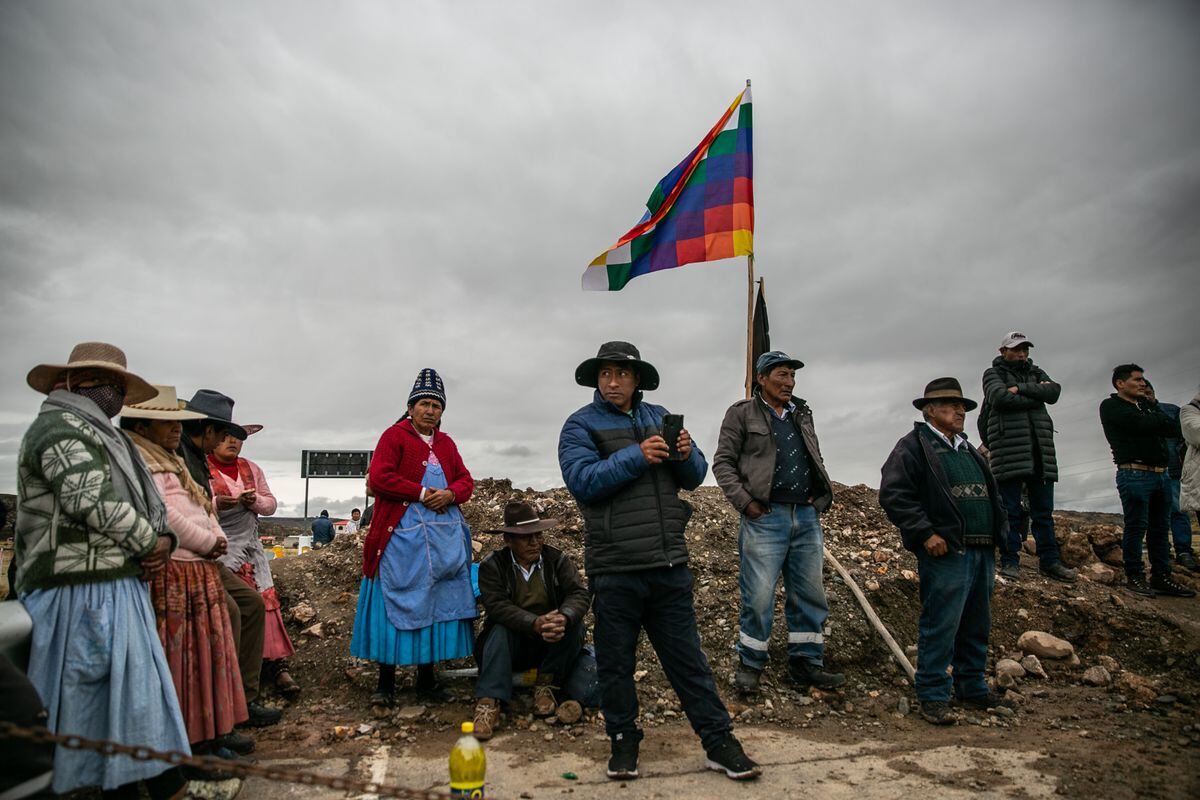

/cloudfront-eu-central-1.images.arcpublishing.com/prisa/KMEYMJKESBAZBE4MRBAM4TGHIQ.jpg)



